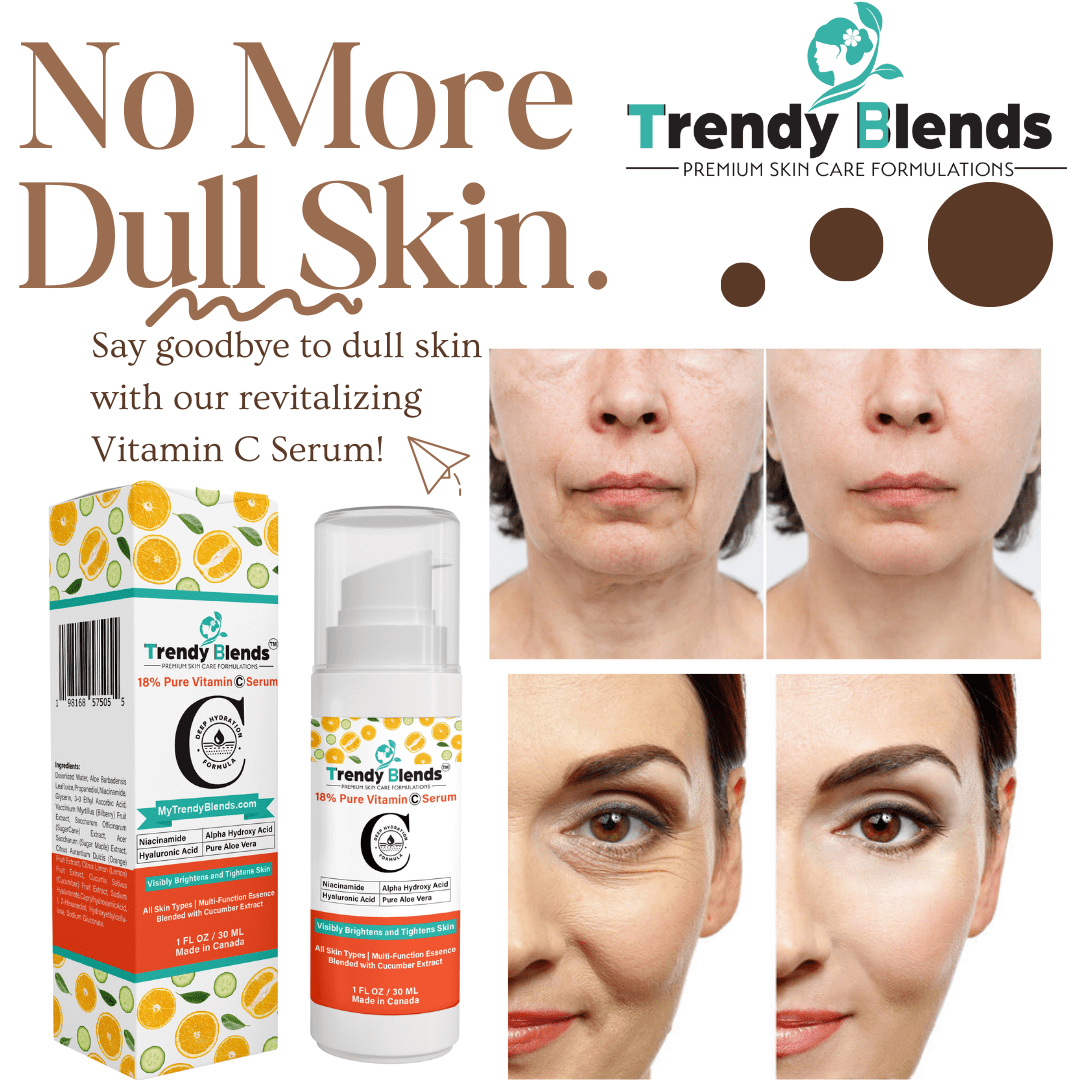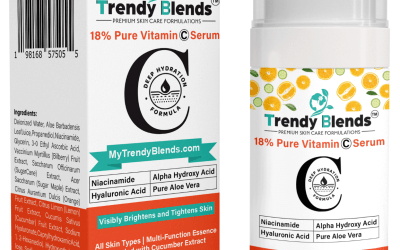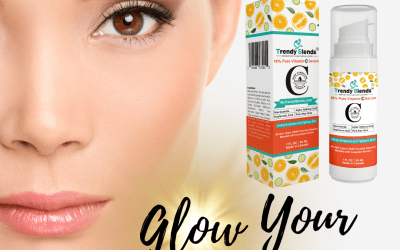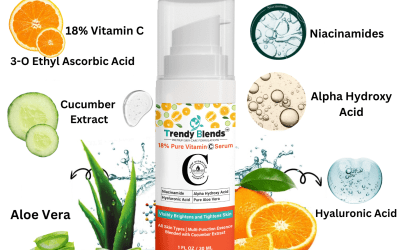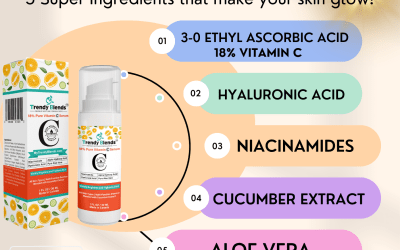What to Ask a Dermatologist About Anti-Aging: A Guide to Timeless Skin
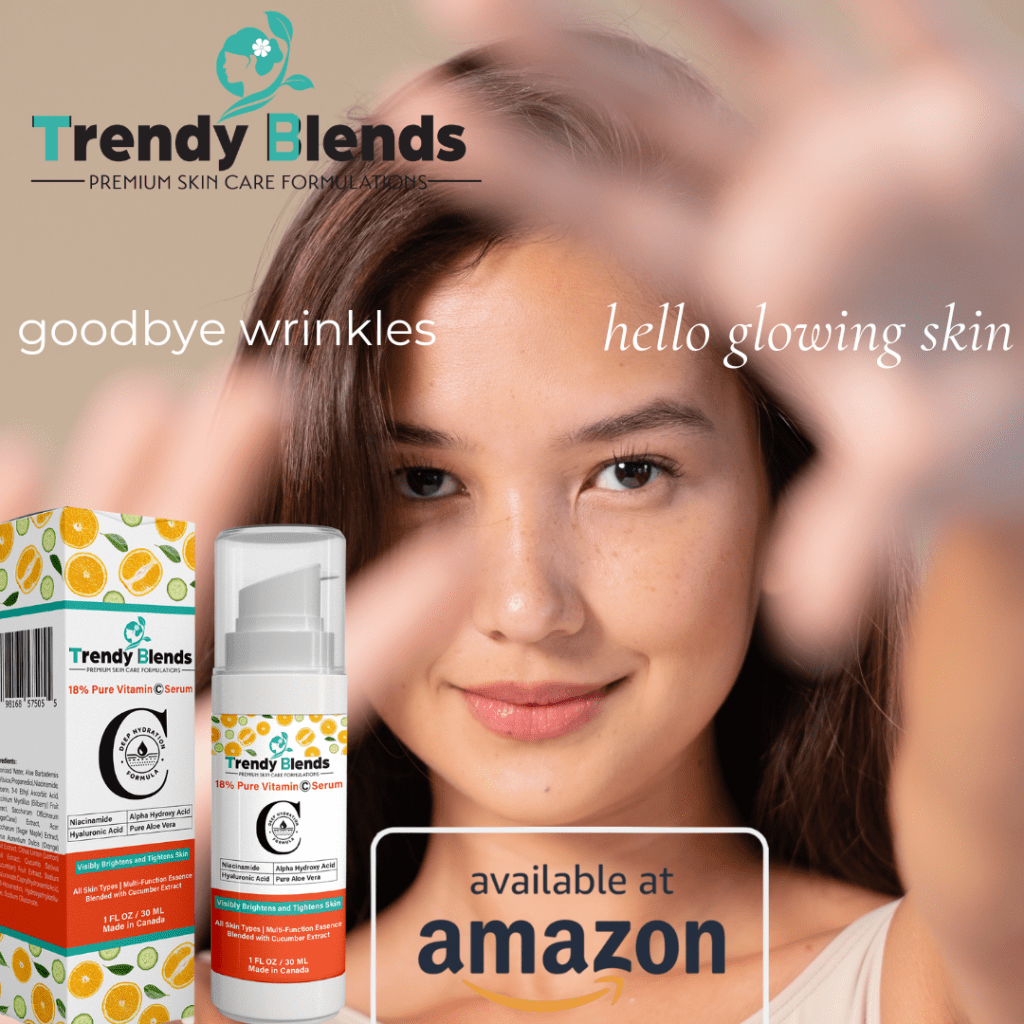
What to Ask a Dermatologist About Anti-Aging: A Guide to Timeless Skin
As we age, our skin goes through various transformations—some welcome and some not so much. From fine lines and wrinkles to sunspots and loss of firmness, the visible signs of aging can lead many to seek expert advice. Dermatologists are specially trained to address these concerns and can provide personalized solutions tailored to your skin type and needs. If you’re planning to visit a dermatologist to discuss anti-aging treatments, here’s a comprehensive guide on what to ask.
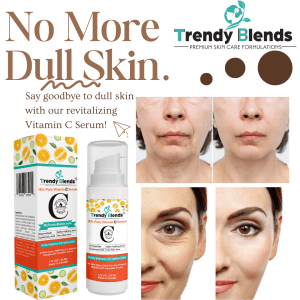 Understanding Your Skin
Understanding Your Skin
- What Are the Specific Signs of Aging I Should Be Concerned About? Start by discussing your current skin condition. A dermatologist can help you identify specific signs of aging that you might not have noticed, including texture changes, pigmentation issues, and elasticity loss.
- How Does My Skin Type Affect My Aging Process? Different skin types age differently. Understanding how your skin type (oily, dry, combination, or sensitive) interacts with aging can help you make informed choices about treatments and skincare products.
Treatment Options
- What Are the Most Effective Anti-Aging Treatments Available? Ask your dermatologist to discuss both topical treatments (like retinoids and antioxidants) and procedural options (such as chemical peels, laser therapy, and injectables). They can explain the pros and cons of each treatment.
- What Are the Latest Advances in Anti-Aging Treatments? Dermatology is an ever-evolving field. Inquire about the most recent innovations in anti-aging procedures and products that may not have been widely available even a year ago.
- How Many Treatments Will I Need, and How Often? Understanding the frequency and number of treatments required can help you plan both your time and budget. Some procedures may yield immediate results, while others might take time to show effects.
Safety and Side Effects
- Are There Any Risks or Side Effects Associated with The Recommended Treatments? Every treatment comes with its potential risks. Knowing what to expect can help you prepare and address any concerns with your provider.
- How Can I Minimize Side Effects from Treatments? Discuss aftercare and preventive measures that can help you avoid or reduce side effects, ensuring a smoother recovery and better results.
Skincare Routine
- What Daily Skincare Routine Do You Recommend for Anti-Aging? A well-balanced skincare regimen is crucial. Your dermatologist can recommend specific products or ingredients—including moisturizers, sunscreens, and serums—that suit your skin type and effectively combat aging.
- How Important Is Sunscreen in My Anti-Aging Strategy? Sunscreen is often regarded as the most vital product in any skincare lineup. Discuss how UV exposure affects aging and how best to incorporate sun protection into your daily routine.
Lifestyle Factors
- What Lifestyle Changes Can I Make to Support My Anti-Aging Goals? Nutrition, hydration, sleep, and stress management can significantly impact your skin health. Ask for advice on lifestyle modifications that contribute to maintaining youthful skin.
- How Does Diet Impact Skin Aging, and What Foods Should I Include or Avoid? Inquire about the connection between diet and skin health, including supplements and food that could offer anti-aging benefits.
Long-Term Considerations
- How Often Should I Schedule Follow-Up Appointments? Regular check-ups are essential for assessing the long-term effectiveness of anti-aging treatments. Know when to return for evaluations and adjustments to your treatment plan.
- What Should I Expect in the Future in Terms of Skin Aging? Understanding the natural aging trajectory can help you set realistic expectations and goals for your skin care.
- Can Genetics Affect My Aging Process, and What Can I Do About It? Genetics plays a significant role in how our skin ages. Discuss how your family history might influence your skin’s aging process and how to mitigate or enhance those factors.
Conclusion
Consulting with a dermatologist about anti-aging is a proactive step toward maintaining healthy, youthful skin. By asking the right questions, you can gain valuable insights about treatments, prevention strategies, and the overall health of your skin. Remember that aging is a natural process, and while we can enhance our appearance, it’s essential to embrace the journey with a healthy mindset. Your dermatologist is your ally in this journey, ready to provide customized care that can help you feel confident in your skin at any age.
